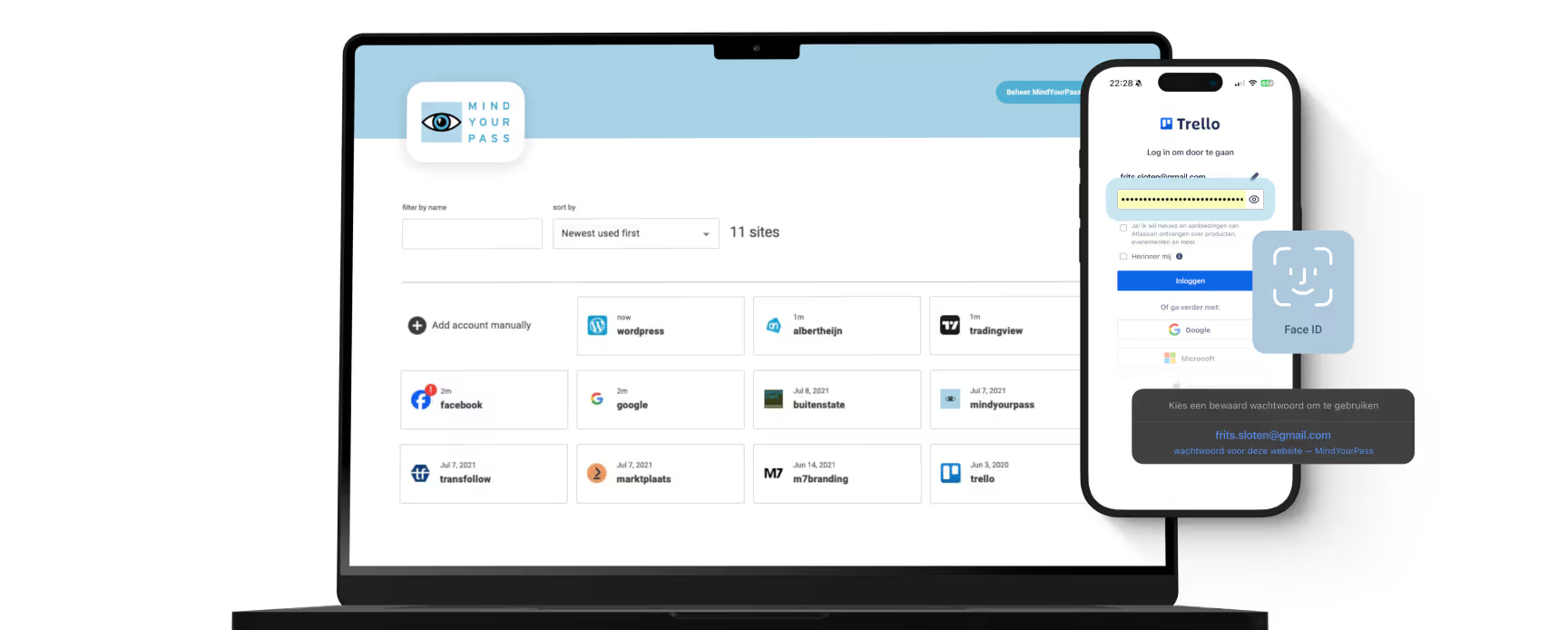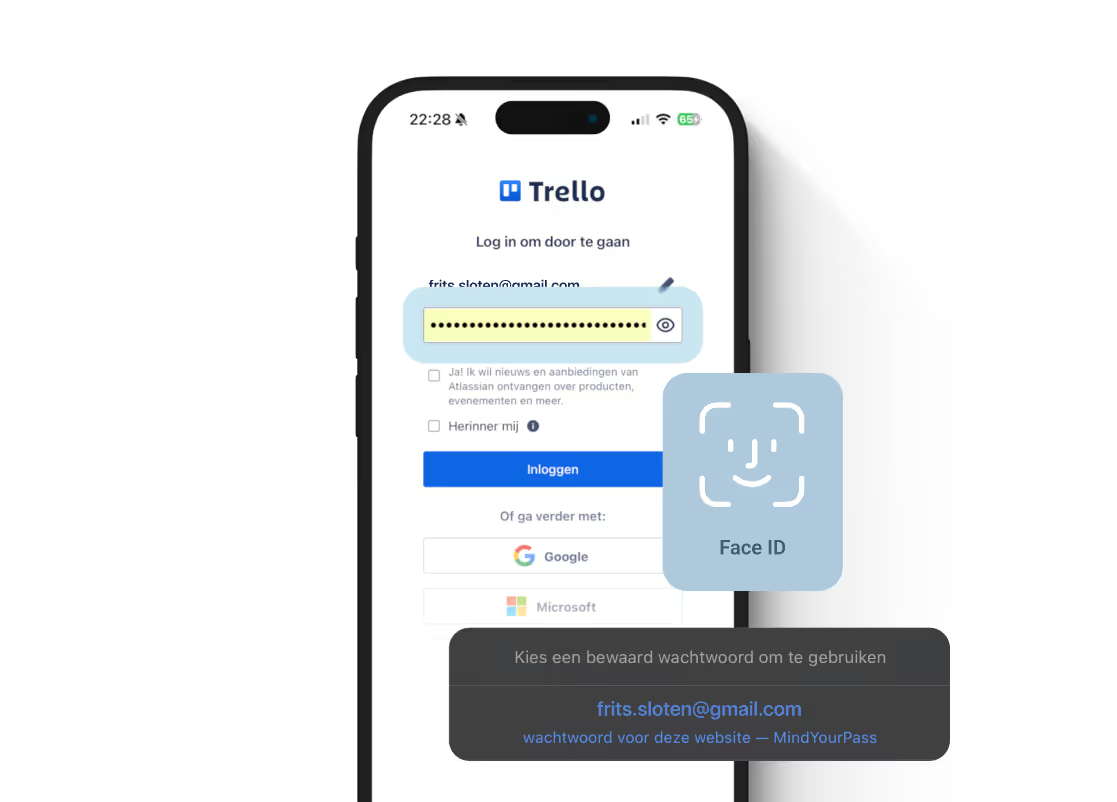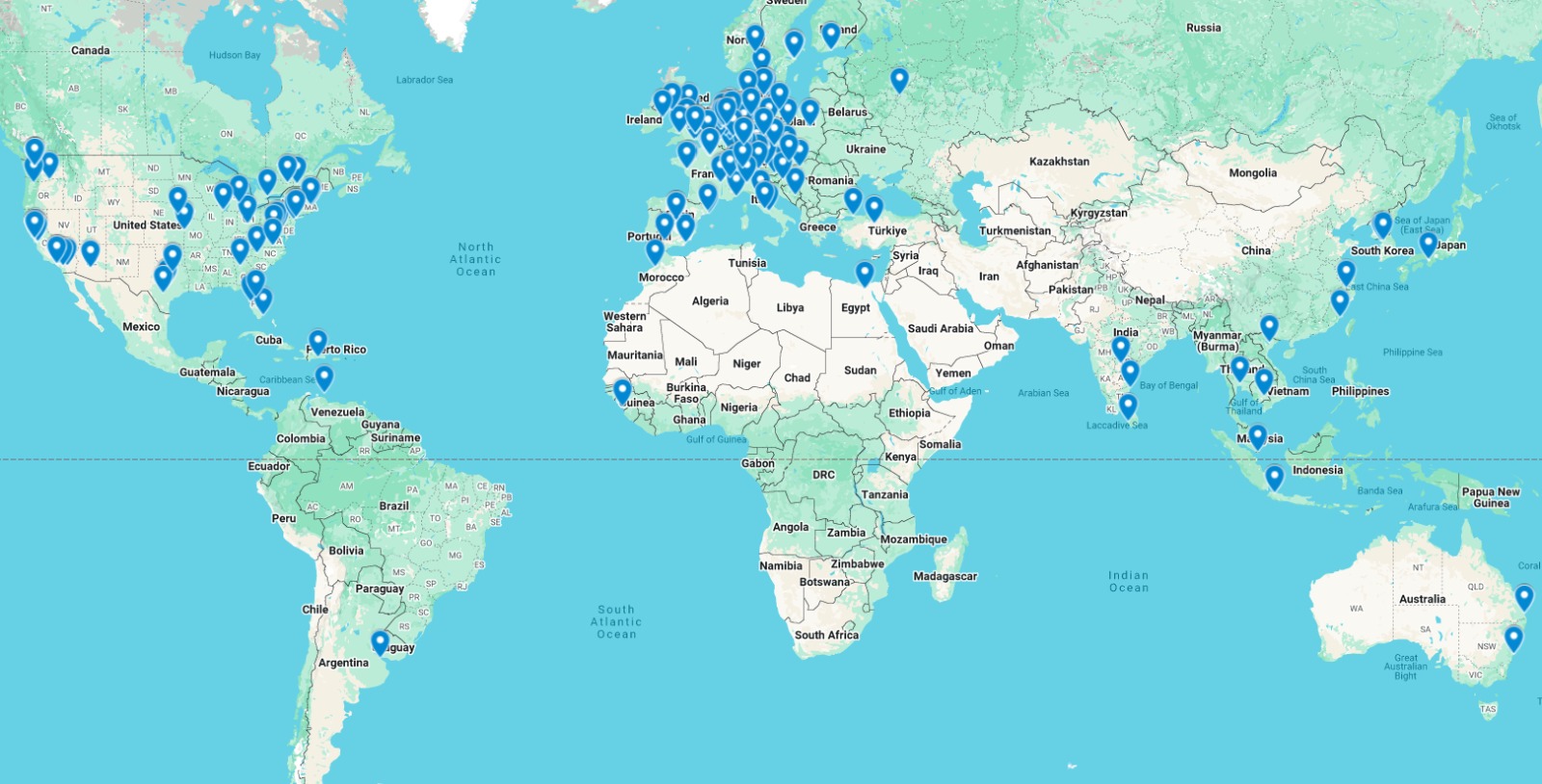
Dick Berlin: “Digital independence? Only if we start to trust each other.”









According to Dick Berlin, former Commander of the Armed Forces, this is not a hypothetical scenario, but an acute reality. The only way to reduce that vulnerability is to work together as a Europe on technological autonomy. But it is precisely this cooperation that is coming to an end, not because of a lack of knowledge or resources, but because of mutual distrust between the government, companies and investors.
After his military career, Dick Berlin became a strategic advisor at Deloitte and FGS Global, among others. He helps organizations and administrators translate abstract threats into concrete responsibility. His message is clear: only when we start to trust each other again can we make Europe digitally resilient.
Dependency as a strategic risk
We've become accustomed to the convenience of big tech companies. But with that convenience comes dependency. For example, it recently emerged that the US could restrict access to email accounts held by international courts. A geopolitical signal, via technology. So the problem lies not only in technology, but in power. If others have our infrastructure, they also have our space to act independently. “That is a strategic risk that Europe can no longer afford,” says Dick Berlin.
A strategic triangle model
According to him, the solution does not lie in building even more technology, but in connecting the right actors: government, tech sector and investors. Because the innovative strength and technical know-how are there, but cooperation is not forthcoming. This is partly due to distrust between government and the market, says Dick. “I sometimes hear: 'If we get companies involved, they're going to make a profit. ' Yes, of course! That's no problem, that's how innovation works.”
This distrust causes a standstill. Governments don't share their strategic needs for fear of leaks or commercial abuse. As a result, tech companies do not know what is needed. Investors receive no guarantee of continuity. The result: everyone is waiting for each other.
The three parties must therefore each do their part, says Dick Berlijn. “The government must outline frameworks: what direction do we want to take, which technologies are strategically crucial, and what is the timeline? The tech sector must show what is possible - from startups to established names. And investors need to know what to count on and in which direction to deploy capital.” If Defence says that certain technology will become crucial in five years, investors can capitalize on it, and the tech sector can prepare. Then there is acceleration, instead of deceleration.
Taking back control
The world around us is changing rapidly, and technology is increasingly being used as a political tool. However, we should not sit idly by and wait for the next US president, or for better times. Europe must take back technological control, Dick Berlijn insists. Not out of nationalism, but out of a healthy sense of strategy. That means: less fragmentation and more European cooperation.
However, digital autonomy is not something you can proclaim tomorrow. It requires vision, investments, patience, and, above all, cooperation. Not only in a technical sense, but especially at an administrative and political level. “Technology alone is not enough. The foundation is trust.”
A safer digital Europe
So we have the knowledge, expertise and resources. The next step towards a safe digital society is real cooperation in Europe. This is the only way we can shape our digital future ourselves. Because digital independence does not start with technology, but with trust.
Get in touch with us.
Let MindYourPass make your organization safe.

Log in securely with ease.
At home and at work.





Triple-i™ improvement method
Wachtwoordveiligheid meten om doelgericht te verbeteren
Elke verandering begint met het verkrijgen van volledig inzicht in de huidige situatie. Om vanuit daar met behulp van een concreet en praktisch plan toe te werken naar de gewenste situatie: het gebruik van kwetsbare wachtwoorden binnen jouw organisatie onmogelijk maken.










